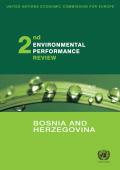
The Second Environmental Performance Reviews of Bosnia and Herzegovina takes stock of the progress made by Bosnia and Herzegovina in the management of its environment since the country was first reviewed in 2004.
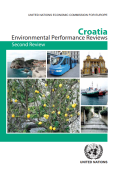
The Second Environmental Performance Review of Croatia examines the progress made by Croatia in the management of its environment since the country was first reviewed in 1999.
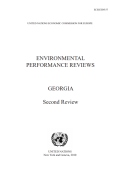
The Second Environmental Performance Review of Georgia takes stock of the progress made by Georgia in the management of its environment since the country was first reviewed in 2001.
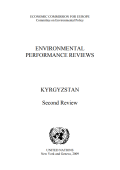
The Second Environmental Performance Review of Kyrgyzstan takes stock of the progress made by Kyrgyzstan in the management of its environment since the country was first reviewed in 2000.
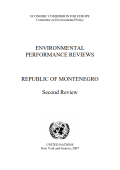
The Second Environmental Performance Review of Montenegro takes stock of the progress made by Montenegro in the management of its environment since the country was first reviewed in 2002, when the country was part of Yugoslavia.
